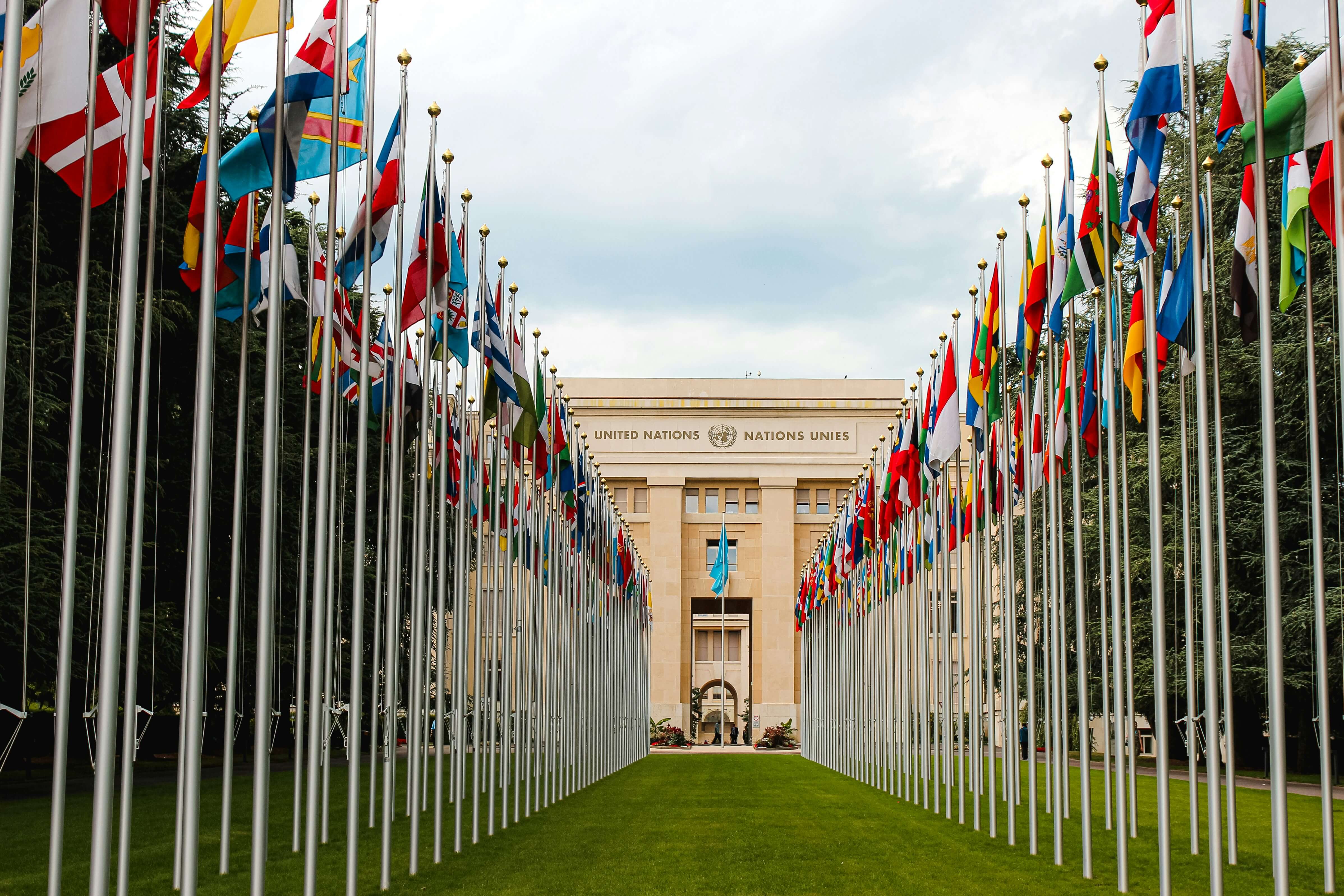United Nations Day 2026: Promoting Peace, Unity, and Global Partnerships
Celebrated annually on October 24, United Nations Day commemorates the establishment of the United Nations in 1945. This day is devoted to promoting global unity, international cooperation, and the organization's work in advancing peace, human rights, and sustainable development. Officially declared by the United Nations General Assembly in 1947, the observance was later recognized as an international holiday in 1971, encouraging all member states to honor it as a public holiday.
The Climate Energy Nexus: Understanding the Relationship between Energy Production Systems and Climate Trends
2025, Pages 1-22
This chapter notably supports SDGs 7 (Affordable and Clean Energy), 12 (Responsible Consumption), and 13 (Climate Action) by helping readers to understand the interactions between energy consumption, emissions, and climate, and by introducing modeling approaches.
Adaptive Engineering, Chapter 7: Review of solutions to increase the efficiency of the Wells turbine
Adaptive Engineering: a Sustainable Development Endeavor, Volume , 1 January 2024
Climate and weather can seriously affect water quality. We must consider the impacts of climate change on water quality throughout the world.



